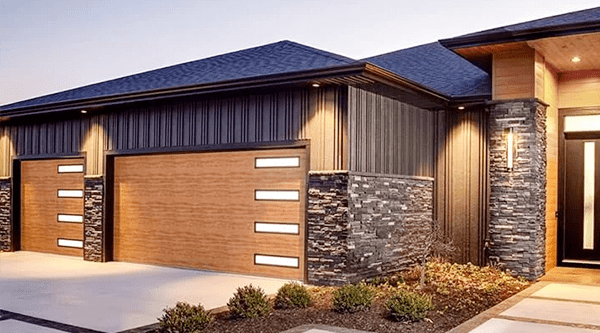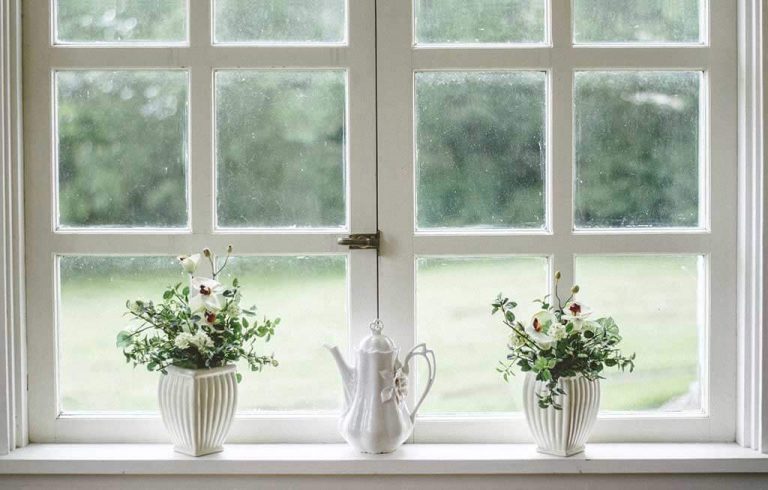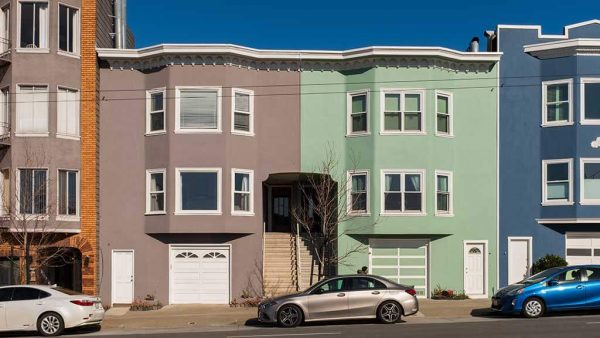
Essential Factors to Consider Before Buying a Garage Door: A Comprehensive Guide
Garage Door Size: The First Step to the Perfect Fit
The size of your garage opening is a critical factor when selecting a new garage door. Accurate measurements of the width, height, and depth of your garage opening will ensure a proper fit and optimal performance. If these measurements are incorrect, you may encounter issues such as improper installation, a poorly fitting door, and reduced insulation.
Factors Affecting Garage Door Size:
- Vehicle Dimensions: The size and number of vehicles you park in your garage will directly influence the necessary door size. Consider both length and height to ensure ample clearance.
- Additional Space: Allow for extra space to maneuver your vehicle and prevent damage to the door or your belongings.
- Ground Slope: If your garage has a slope, the height of the opening may vary. Accurate measurements are essential to accommodate any incline.

Key Measurement Tips:
- Use a Precise Measuring Tape: Ensure accuracy by using a reliable measuring tape.
- Multiple Measurements: Take measurements at several points and calculate the average to account for any irregularities.
- Measure Height from Floor to Top: Measure the vertical distance from the garage floor to the top of the opening.
- Measure Depth: Measure the horizontal distance from the front edge of the opening to the back wall.
- Consider Obstructions: If there are any obstructions like columns or beams, factor them into your measurements.
By following these guidelines and taking precise measurements, you can confidently select a garage door that is perfectly tailored to your garage opening. A well-fitted garage door not only enhances the appearance of your home but also provides optimal functionality and security.
Read more About Garage Doors in DenaWindows
Garage Door Insulation: The Key to Maintaining Temperature and Reducing Costs
Importance of Garage Door Insulation: A garage door is a significant entry point for heat gain or loss. Proper insulation, especially in colder or hotter climates, prevents energy waste and reduces heating and cooling costs. A well-insulated garage door maintains a more consistent indoor temperature, protecting your belongings from temperature fluctuations.
Insulation Materials: The materials used to construct a garage door play a crucial role in its insulating properties. Materials like polyurethane foam, polystyrene, and mineral wool are excellent insulators due to their cellular structure that traps air. These materials resist heat transfer, keeping your garage at a more stable temperature.
Number of Insulation Layers: The number of insulation layers within the garage door affects its overall insulation performance. More layers provide greater resistance to heat transfer. Multi-layered garage doors generally offer better insulation than single-layer doors.
Importance of Weatherstripping: High-quality weatherstripping is essential for preventing air leaks and improving insulation. Weatherstripping seals gaps and cracks around the door, creating a thermal barrier and reducing energy loss.
.png)
Benefits of Insulated Garage Doors:
- Reduced energy costs
- Maintained indoor temperature
- Increased lifespan of garage equipment
- Reduced noise pollution
- Increased property value
Other Factors Affecting Garage Door Insulation:
In addition to the factors mentioned above, the U-value (thermal transmittance), R-value (thermal resistance), door type, and installation method also influence a garage door’s insulation performance.
Conclusion:
Investing in a well-insulated garage door is a long-term investment that can lead to significant energy savings, increased comfort, and a higher property value. By selecting a garage door with appropriate insulation and using high-quality weatherstripping, you can enjoy numerous benefits.
Garage Door Installation Costs: Factors Affecting the Price
The cost of installing a garage door depends on several factors that can significantly impact the final price. Let’s break down these factors in detail:
- Door Size: One of the most significant factors determining the installation cost is the size of the garage door. Larger doors require more materials and labor, resulting in higher installation costs.
- Door Material: The material used to construct the garage door also affects the installation price. Heavier materials like wood and metal require specialized equipment and labor, leading to higher installation costs. Lighter materials such as aluminum or fiberglass typically have lower installation costs.
- Operating System: The type of operating system for the garage door also influences the installation cost. Automatic systems are generally more expensive to install due to the complexity of the electronic components and the specialized skills required.
- Installation Complexity: The complexity of the installation can significantly impact the cost. If structural modifications to the garage opening are necessary, or if the installation site is difficult to access, the installation cost will increase. Additionally, installing accessories like electronic eyes, lighting systems, or security systems will add to the overall cost.

Other Factors Affecting Garage Door Installation Costs:
- Brand and Quality: The brand and quality of the garage door materials can influence the installation cost. Higher-quality doors from reputable brands often come with a higher price tag.
- Labor Costs: The cost of labor varies depending on the geographic location, the installer’s expertise, and the duration of the installation.
- Additional Costs: Other costs such as transportation, materials, and permits can also contribute to the final price.
Conclusion:
The cost of installing a garage door is influenced by various factors, making it difficult to provide a fixed price. To get an accurate estimate, it’s best to obtain quotes from multiple garage door installation companies. By comparing quotes and considering the factors mentioned above, you can make an informed decision.
Additional Considerations for Choosing a Garage Door
Design and Aesthetics:
A garage door is a prominent feature of your home’s exterior, significantly impacting its overall aesthetic appeal. Therefore, it’s crucial to select a design and color that complements your home’s architectural style. The garage door should harmonize with other elements of your facade, such as the house color, windows, and front door. You can also enhance the door’s appearance with various decorative panels and windows.
Warranty and After-Sales Service:
Before purchasing any product, it’s essential to check the warranty and after-sales service. This holds true for garage doors as well. A reliable warranty ensures that the manufacturer will cover repair or replacement costs if any issues arise during the warranty period. A robust after-sales service guarantees prompt and high-quality support when needed.

Local Regulations:
Before purchasing and installing a garage door, ensure that you comply with local regulations and obtain the necessary permits. Some municipalities and building associations have specific rules regarding the dimensions, materials, color, and operating system of garage doors. Failure to adhere to these regulations can lead to legal issues and even the removal of the garage door.
Conclusion
Selecting the right garage door is a complex process that requires considering various factors. In addition to the points mentioned above, factors like insulation, security, operating system, cost, and personal preference also play a significant role. Consulting with experts in the field is recommended to make the best choice. Given the wide variety of models, materials, and brands available on the market, choosing the right garage door can be challenging. However, with a little research and consideration, you can select a garage door that meets both your functional and aesthetic needs.
Key points to consider when choosing a garage door:
- Harmony with your home’s architectural style
- Material quality and construction
- Adequate insulation
- Efficient and secure operating system
- Warranty and after-sales service
- Compliance with local regulations
- Budget
- Personal preference
By considering these factors, you can select a garage door that not only serves as a protective barrier but also enhances your home’s curb appeal.







